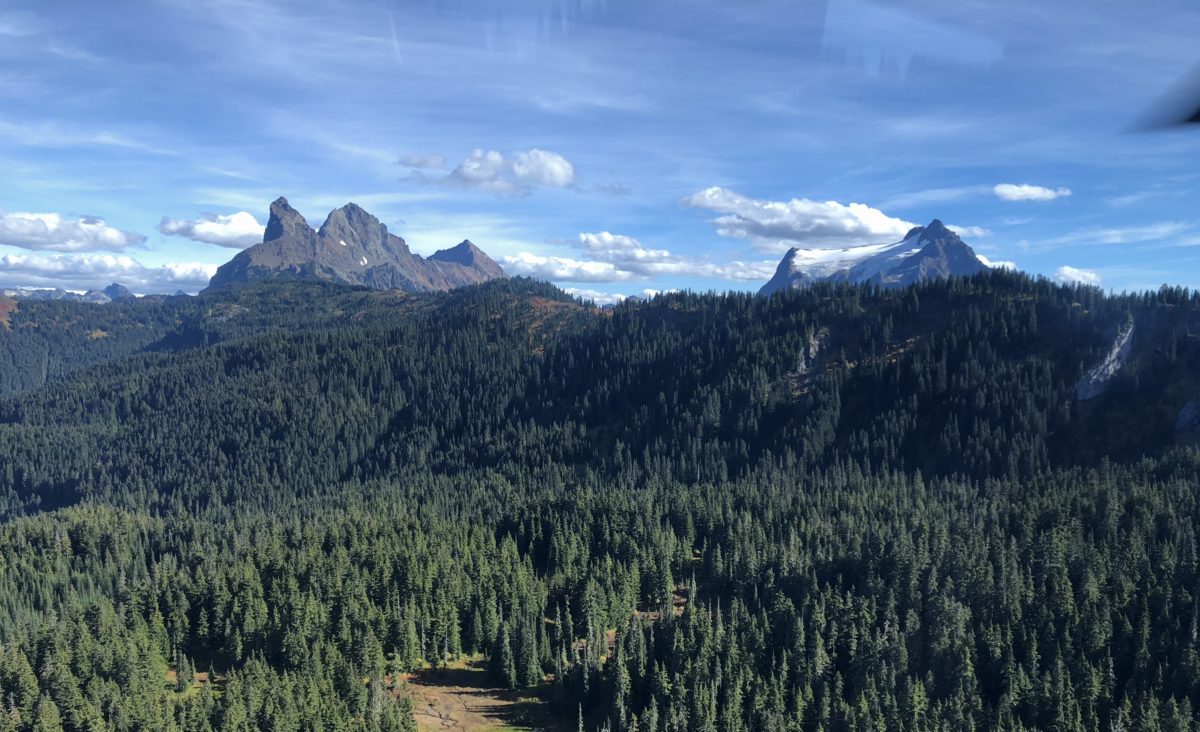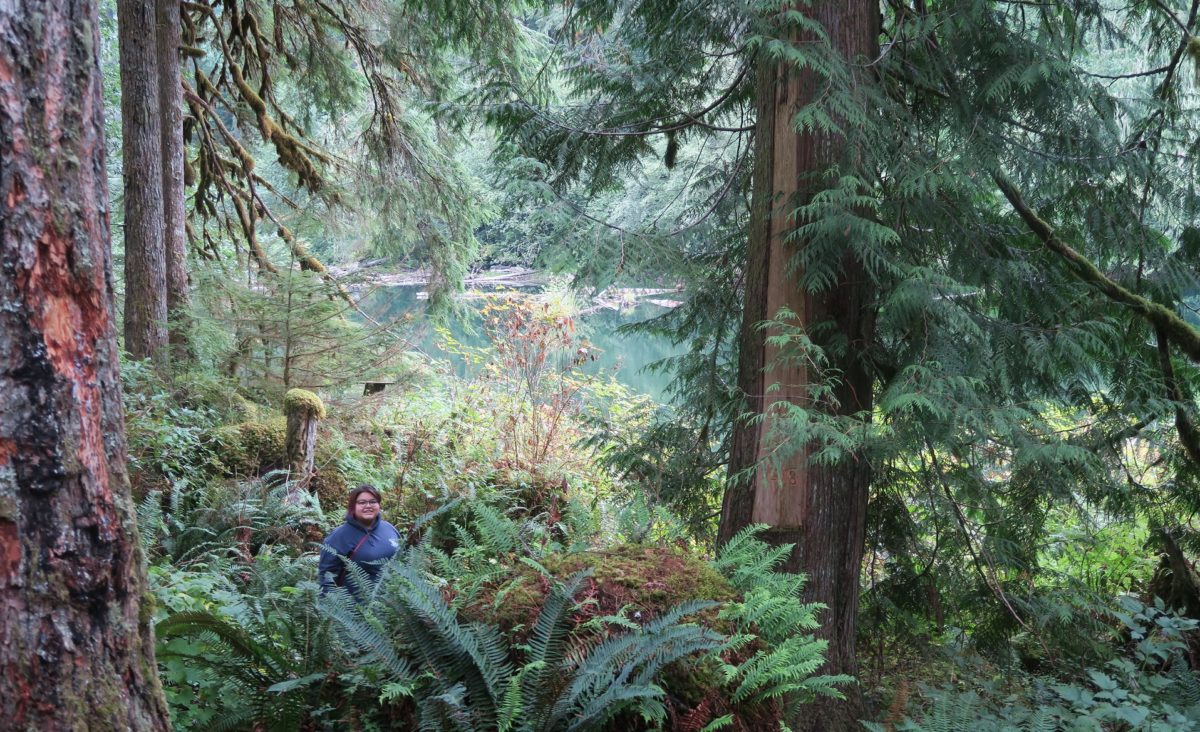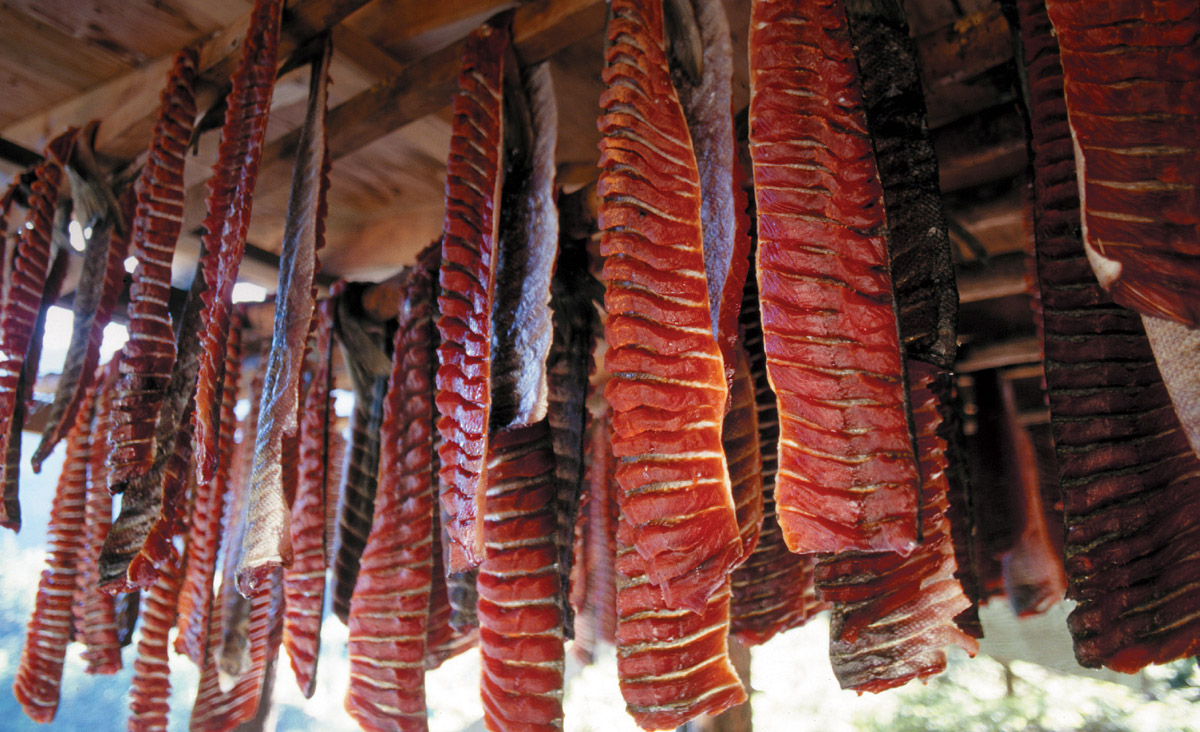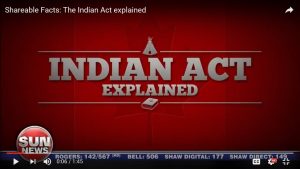“THE INDIAN ACT SUCKS” – Chief Terry Horne, Political Advisor, Yakweakwioose First Nation
“There is a giant supernatural monster still chewing us up, spitting us out, and killing us, and we inadvertently protect it. It is a system problem, professor John Burrows, he wrote a paper on 7 teachings, 7 generations, getting out of the Indian Act, having our own law. How long has the Indian Act affected our family – 6 generations, and his children will be the 7th generation under the Indian Act. A total of 8 generations of helplessness, hopelessness, and powerlessness. Systems Analysis of the Indian Act analyzed why the Indian Act itself, does not truly work for us – why not? At the end of the day, it doesn’t work for us because it was not designed by us, for us, for our good health and well-being, for our success. It was designed to take us off our land, suppress us, and it suppresses us still today.”
– Satsan (Herb George)Hereditary Chief of the Frog Clan of Gitxsan
INFORMATION ON THE INDIAN ACT
- DID YOU KNOW…
- Up until 1951 First Nations could not gather or hold their potlatch ceremonies.
- Up until 1960 First Nations people could not vote in provincial or Canadian elections.
- Up until 1951 First Nations could not hire a lawyer (therefore could not deal with their land claims issues)
- Enfranchisement was another form of losing status ie earned a university degree, became a professional such as a doctor or a lawyer, and joining the army, etc
- 1905: Amended to allow aboriginal people to be removed from reserves near towns with more than 8,000 residents.
- 1920: Amended to make it mandatory for aboriginal parents to send their children to Indian residential school.
- Could not expand the land base of the reserve
- Certificate of Possession (CP) holders and even band owned land does not give them underlying “title” to the land.
- Amended to prevent elected band leaders who have been deposed from office from being re-elected.
- 1918: Amended to allow the Superintendent-General to lease out uncultivated reserve lands to non-aboriginals if the new lease-holder used it for farming or pasture.
- 1936: Amended to allow Indian agents to direct band council meetings, and to cast a deciding vote in the event of a tie.
Systems Analysis of the Indian Act
Learn about the Indian Act by viewing the following:





